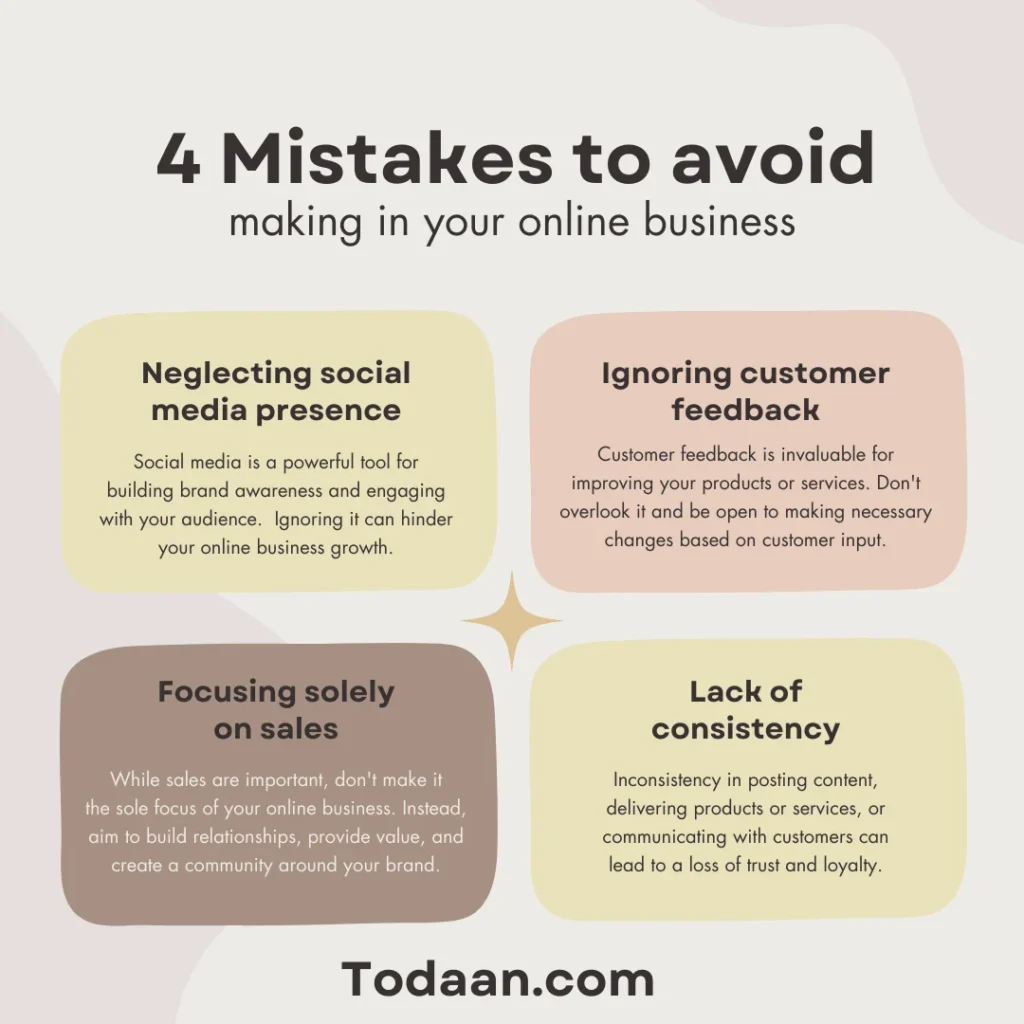China Seo Xiaoyan: China Seo Landscape Explained
China Seo Xiaoyan has evolved rapidly over the past decade, with both opportunities and challenges for companies looking to tap into this massive market. China has over 1 billion internet users, the most of any country in the world. With a growing middle class and increasing online purchasing power, China represents an extremely attractive market for international brands.
What is China SEO Xiaoyan?
China SEO Xiaoyan is a prominent figure in the field of Search Engine Optimization (SEO) in China, known for her extensive expertise and successful career in digital marketing. Born and raised in China, Xiaoyan developed an early interest in digital marketing and pursued education in business administration with a focus on marketing strategies. She began her career at a leading digital agency specializing in SEO and quickly rose through the ranks due to her dedication and skill
However, successfully implementing an SEO strategy in China requires an understanding of the unique Chinese internet landscape. The most dominant search engine is Baidu, which commands over 70% market share. Other local players like Shenma and Haosou have carved out niches as well. Google retreated from China years ago and does not have a strong presence. This means SEO strategies need to be optimized specifically for Baidu if brands want to show up in searches.
Additionally, the majority of netizens access the internet via mobile devices. As such, having a mobile responsive site properly configured for mobile SEO is crucial. Social media also plays an outsized role, with WeChat and Weibo acting as important drivers of website traffic. Brands that incorporate these platforms into their Chinese SEO plan often see substantial benefits.
Navigating Strict Internet Regulations
The Chinese government imposes strict controls over online content through initiatives like the Great Firewall. Restrictions on websites and censorship create significant challenges for SEO. For instance, sites blocked in China will not show up in local search results regardless of optimization efforts. Terms deemed politically sensitive by authorities also get scrubbed from rankings.
Staying continually aware of taboo subjects and banned domains takes concerted effort. SEO providers need strong working relationships with local experts to avoid missteps. Even subtle cultural misunderstandings can lead to penalties. Companies also must host websites on China-based servers to comply with regulations, which requires partnering with a domestic tech provider.
While restrictive, abiding by Chinese internet policies is the cost of accessing this tremendously lucrative market. Brands unwilling to adhere to local norms will find it impossible to succeed in China long-term.
Understanding The Local Competition
Succeeding with China SEO Xiaoyan means outmaneuvering intense local competition. Homegrown internet giants like Alibaba and Tencent dominate the landscape across sectors. Baidu prioritizes China-based sites over foreign ones, which can make it harder for international brands’ pages to gain prominence.
Network effects also create “winner take all” dynamics in areas like e-commerce and social networking. For example, Taobao has such a stranglehold over online shopping that it is difficult for other players to chip away at its market share. The same goes for ubiquitous messaging and payments app WeChat. Brands need unique offerings to disrupt these ingrained consumer habits.
In essence, Western brands cannot simply replicate global SEO blueprints to achieve high organic visibility. Understanding regional consumer preferences and crafting targeted Chinese content across touchpoints is essential. This involves extensive localization across written copy, visual assets, AdWords campaigns, and social outreach.
Common SEO Tactics in China
Despite the regulatory headaches, brands invest heavily in China SEO Xiaoyan given the audience scale. Some effective tactics include:
- Keyword Optimization – Using precise Chinese terminology on pages signals relevance to Baidu. Long-tail keywords focused on commercial intent also convert better. Tools like Baidu Index help inform keyword selection.
- High-Quality Content – Producing in-depth articles and videos that engage Chinese users improves domain authority over time. Updating Sites regularly also helps.
- Localized Sites – Having a Chinese language site with local hosting and a .cn domain improves accessibility and trust. Alibaba’s Taobao SEO tool helps optimize on-page elements.
- Social Promotion – Leveraging platforms like WeChat and Weibo to raise awareness of content drives referral traffic. Social media profiles should be vibrant and updated continuously.
- Influencer Marketing – Partnering with relevant Chinese KOLs (key opinion leaders) allows brands to tap into existing networks. KOLs can drive site clicks through posts and engagement.
- App Store Optimization – For brands with mobile apps, ASO helps surface those apps in Chinese app stores. This involves tweaking metadata based on popular local searches.
Dedicated Local Teams Are Key
Ultimately succeeding at China SEO Xiaoyan in the Chinese market requires building out dedicated local teams. Fluent native speakers with an innate understanding of China’s internet landscape are best positioned to adapt SEO strategies to the local context. They keep tabs on the latest algorithm changes and platform trends.
China SEO specialists also facilitate link building through Chinese online communities and content hubs. They have existing relationships with influencers and media channels domestically. For international companies, handing Chinese SEO operations fully over to these local experts is prudent. Attempting to coordinate cross-border deliverables across cultural and linguistic barriers is hugely inefficient.
Here is the table summarizing the major China SEO challenges and their corresponding strategic responses:
| Challenge | Explanation | Strategic Response |
|---|---|---|
| Baidu Dominance | Sees over 70% of search market share in China. Site rankings are dictated by Baidu algorithm, not Google. | Optimize pages and content specifically for Baidu to gain organic reach. Closely study updates to Baidu algorithm. |
| Great Firewall | China’s internet regulations block many foreign websites and censor sensitive terms. | Host site in China using local servers and tech partners. Ensure content aligns with Chinese internet policies. |
| Local Competition | Chinese sites often favored by search engine and users. Network effects give platform giants high conversion rates. | Invest in extremely tailored consumer messaging with detailed know-how of Chinese market demand. |
| Mobile Adoption | Over 98% of Chinese internet users go online primarily via smartphones. | Focus on mobile optimization from web development and design to user interaction flow. |
| WeChat Sphere | Social+commerce ecosystem has 1B+ users but officially bans foreign sites. | Cultivate presence of overseas sites indirectly via collaborations with Chinese KOLs and content hubs. |
| Link Building | Crucial for gaining domain authority but the number of quality link sources is limited. | Create shareworthy content that Chinese platforms are eager to repost natively. Incentivize with subtle SEO value exchanges. |
| Algorithm Shifts | Baidu tweaks its search formula hundreds of times per year unannounced. | Work closely with local experts to identify and reverse engineer changes early via historical data analysis. |
Key Players in China’s SEO Industry
As the importance of China SEO grows, a burgeoning industry has emerged to help international brands optimize locally.

TuoWang
Founded in 2000, TuoWang is one of the most established SEO providers in China. With over 200 employees, the agency leverages data and technology to drive results for global Fortune 500 companies like Disney, Nike and Intel. TuoWang offers a full suite of services including technical optimization, content creation, PR outreach and analytics. A focus on integrity and compliance makes TuoWang a lower-risk choice for brands entering China.
JiuYuan Digital Marketing
JiuYuan takes an holistic approach to digital growth for clients like McDonald’s, Starbucks and LVMH. In addition to advanced SEO, the company provides social media management, paid advertising, web analytics and influencer collaborations tailored to each brand. All these solutions feed into JiuYuan’s core mission of driving conversions in the Chinese market. With major offices in Beijing, Nanjing and Hong Kong, they are a go-to agency for localized digital campaigns.
UOSEO
UOSEO concentrates specifically on store and brand optimization for e-commerce companies selling on Chinese marketplaces. Their proprietary software and data tools help drive product visibility and sales on platforms like Taobao and JD.com. UOSEO’s automated bidding algorithm leverages millions of data points to optimize spend efficiently across PPC and other ads. For shop owners struggling on Chinese e-commerce, UOSEO’s technical capabilities offer a substantial advantage.
SEOChina
As a premier Baidu marketing provider, SEOChina specializes in lifting client sites to the top of organic rankings. Their optimization services include keyword research, technical audits, content creation and link building outreach informed by their own Chinese search algorithm. With consulting offices globally and China-based operations centers handling implementation, SEOChina allows companies to benefit from localized execution and management.
SEOsums
SEOSums adopts a consulting-based approach to China SEO driven by manual audits and planning. After thoroughly evaluating brand assets and objectives, their experts craft high-level strategies focused on sustainability and compliance. Core competencies include competitor analysis, CMS integration and post-campaign reporting to showcase ROI. As one of the only female-founded SEO firms in China, SEOSums brings a valuable perspective to the table.
The Outlook Ahead
As Chinese digital engagement continues growing across sectors, brands that start early building a local SEO presence will have a leg up on competition. Partnering with reputable China SEO experts alleviates the operational burden while still allowing companies to tap into this lucrative market. With the right strategies and execution in place, China can catapult brands to new heights.
Conclusion
Succeeding in China SEO Xiaoyan vast digital landscape requires brands to adapt SEO strategies to local market conditions. Dedicated China SEO specialists allow international companies to optimize effectively while adhering to the country’s strict regulations. For those willing and able to clear the barriers to entry, China offers over a billion potential new customers to connect with online. Combining smart organic and paid tactics tailored to Chinese user behaviors and preferences is key to turning opportunity into online conversions.







